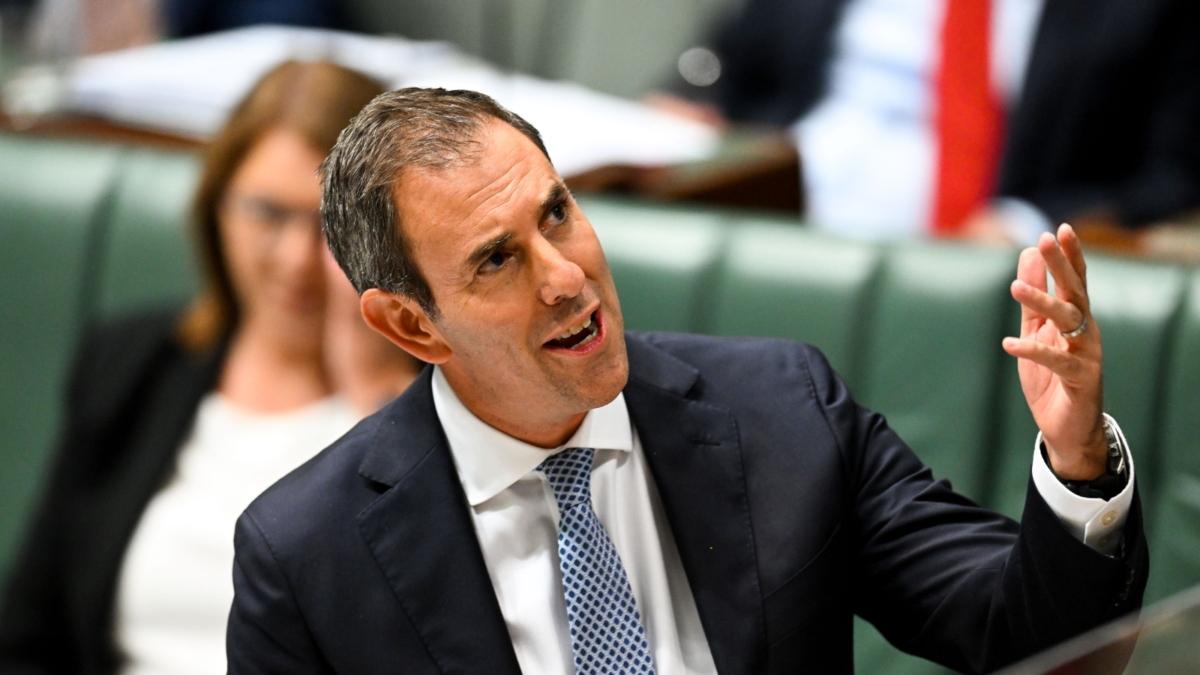Investment disconnect over ESG – Russell research
Almost all fund managers have adopted some form of environmental, social and governance (ESG) analysis to enhance research but its influence on real investment calls remains unclear, according to a new Russell Investments global survey.
The Russell 2020 ESG study, which tapped the views of more than 400 asset managers in most regions including Australia and NZ, found “a marketplace that has reached universal recognition of the importance of ESG integration”.
“We believe that the industry is transitioning toward further embracing ESG integration, using broader inputs, ESG-specific data and dedicated resources,” the report says. “At the same time, measurements of actual impact on investment decisions remain vague. When financial materiality of ESG-specific consideration is high, investors take such information into consideration. But anecdotally, such instances appear rare. The link between ESG effort and a direct tie to portfolio performance directly to ESG factors is weak, suggesting that ESG criteria are rarely a strong driver in overall investment decisions.”
About 36 per cent of respondents said ESG factors never dominate investment decisions (down from 45 per cent last year). However, if managers consider specific ESG factors as material they would influence investment decisions either to manage risk (39 per cent) or increase returns (24 per cent). Only 2 per cent said climate risk factors would play a major role in investment calls.
“Interestingly, climate risk concerns in isolation have little influence in most managers’ investment decisions,” the Russell study says. “And while it’s understandable that investors incorporate material factors into investment decisions, what remains unclear is how often such ESG considerations actually impact investment decisions.” Furthermore, aside from products marketed as sustainable (or related labels), most managers don’t include ESG factors in investment performance attribution.
“Only 22 per cent of the respondents have portfolio performance measures for portfolio managers and/or analysts with direct ties to ESG profile or climate risk criteria,” the report says. “This further shows that ESG profile accountability is weak among key investment professionals, suggesting that ESG impacts alone have less weight to investment performance outcome than the hype of ESG integration suggests.”
The study – authored by Russell global fixed income investment research director, Yoshie Phillips – also found significant ESG-related variations in how managers source and interpret data, report to clients as well as major differences between regions.
“We continue to believe that ESG factors are a component of broader investment considerations, rather than viewed in isolation. Our research demonstrates that the investment community is seeking better information, deeper resources, broader consideration and clearer regulatory standards,” the study says. “However, the key question remains – ‘to what degree’? The goal is to achieve the best practice ESG integration. Agreement on how to reach that goal? The world is clearly not there yet.”
– Investment News NZ










